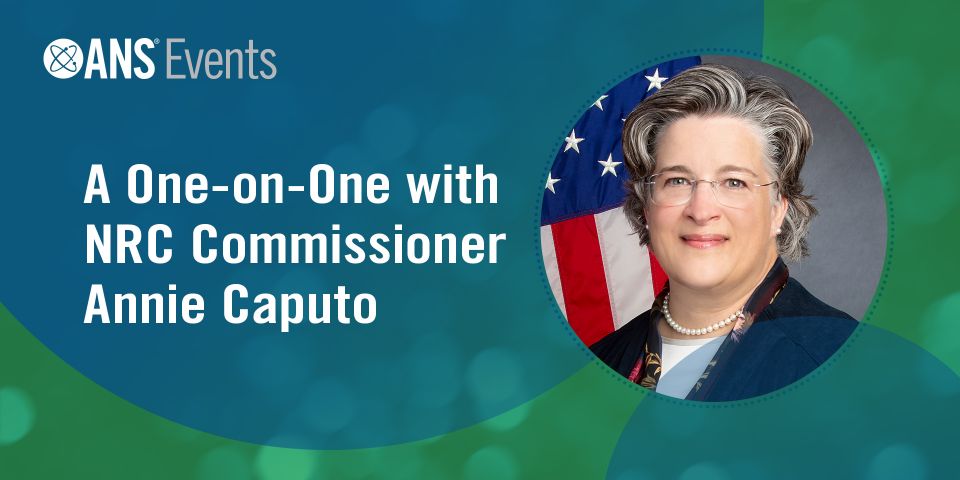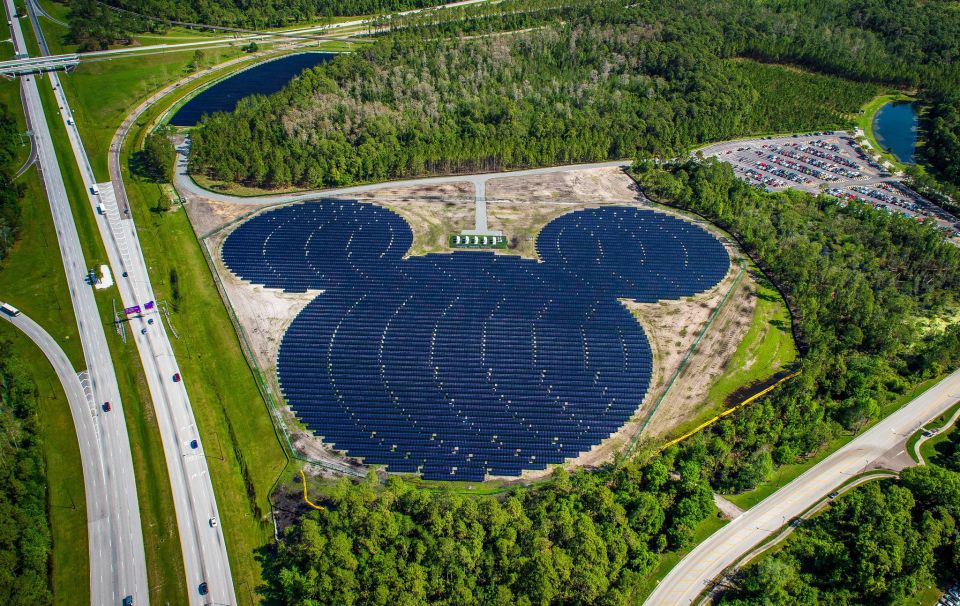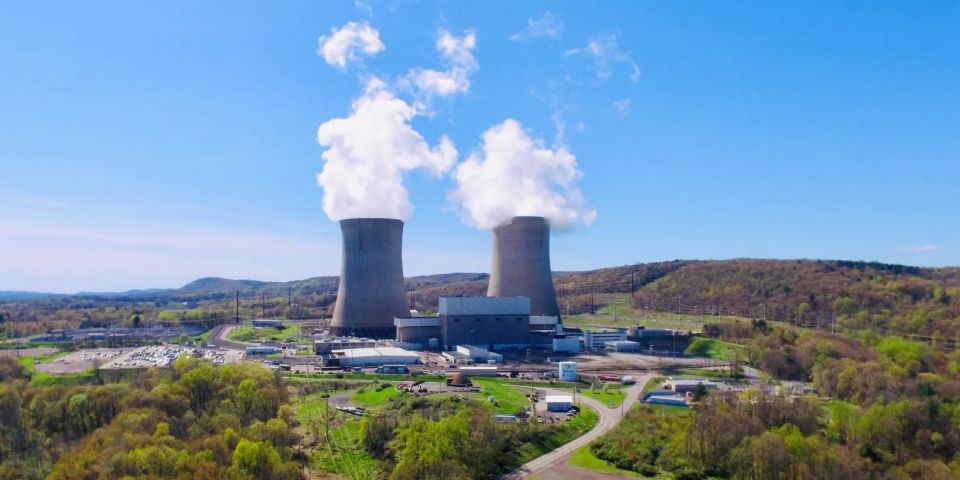“In this new era of large-scale energy demand, Duke Energy is committed to working with our regulators and customers to find innovative and responsible ways to satisfy the growing need for more and cleaner energy,” said Lon Huber, Duke Energy’s senior vice president for pricing and customer solutions. “With the help of companies like Amazon, Google, Microsoft, and Nucor, we can accelerate our service of large customer needs and the transition to cleaner energy, while reducing financial risks and supporting economic development in our communities.”
A closer look: In the MOUs, Duke proposes developing new rate structures—modeled on tariffs used in the utility industry—that would enable personalized portfolios of new carbon-free energy to commercial and industrial customers. Dubbed a Clean Transition Tariff (CTT), the tool matches clean energy production and customer load to accelerate commercial and industrial decarbonization. The program is aimed at large customers looking to advance energy goals and would include protections for nonparticipating customers.
The proposed ACE tariffs would facilitate on-site generation at customer facilities, participation in load flexibility programs, and investments in clean energy assets.
Duke Energy’s current five-year capital expenditures plan will continue as planned, and the tariffs would be subject to regulatory approvals in North Carolina and South Carolina.
Growing demand: The growth in data center and artificial intelligence development driven by companies such as Microsoft, Google, and Amazon is putting added strain on the power grid. A new study from the Electric Power Research Institute reports that data centers could consume up to 9 percent of domestic power generation by 2030, which is more than double the amount currently used and could create regional supply issues.
What they’re saying: “Amazon is committed to enabling new sources of carbon-free energy to help power our operations and the communities where our customers live and work,” said Kevin Miller, Amazon Web Services’ vice president of global data centers. “With a footprint of data centers, fulfillment centers, and corporate buildings across Ohio, the Carolinas, and Florida, we’re excited to collaborate with Duke Energy to find new solutions that can help us achieve our climate pledge to be net zero carbon by 2040.”
Google’s head of energy market innovation Briana Kabor said, “As we continue to progress toward our goal to operate every Google campus on clean electricity every hour of every day by 2030, we are always looking for opportunities to accelerate the delivery of new clean power to the grid.”
Jeff Riles, Microsoft’s director of data center energy and sustainability, added, “Microsoft’s aim is to advance groundbreaking solutions that support the energy transition. Innovative frameworks such as this agreement with Duke Energy support Microsoft’s ambition to have 100 percent of our electricity consumption, 100 percent of the time, matched by zero carbon energy purchases.”
Greg Murphy, Nucor’s executive vice president of business services, said, “Nucor is one of the cleanest and most sustainable steel producers in the world and has proudly operated in the Carolinas since the 1960s. We are excited to see our partnership with Duke Energy evolve through this shared commitment to bring the next generation of clean, reliable, safe, and affordable energy to our region while also supporting our net zero goal.”







.jpg)



